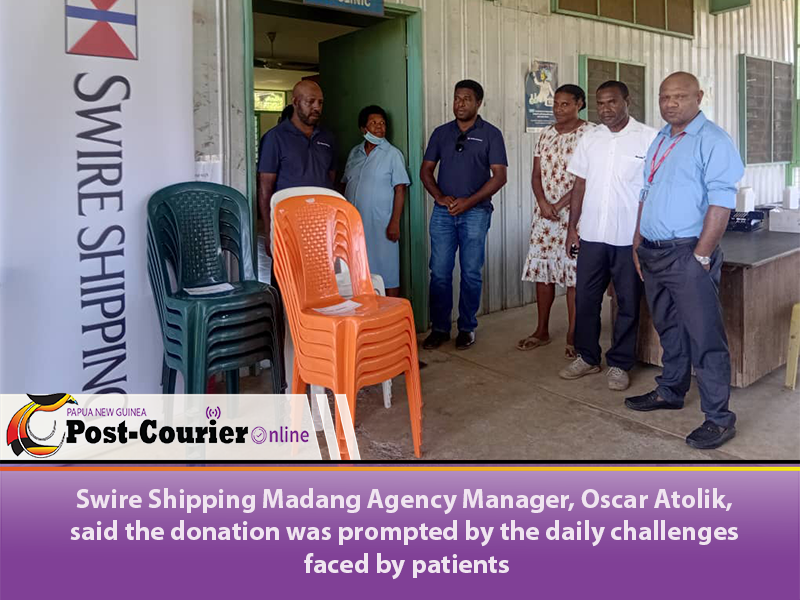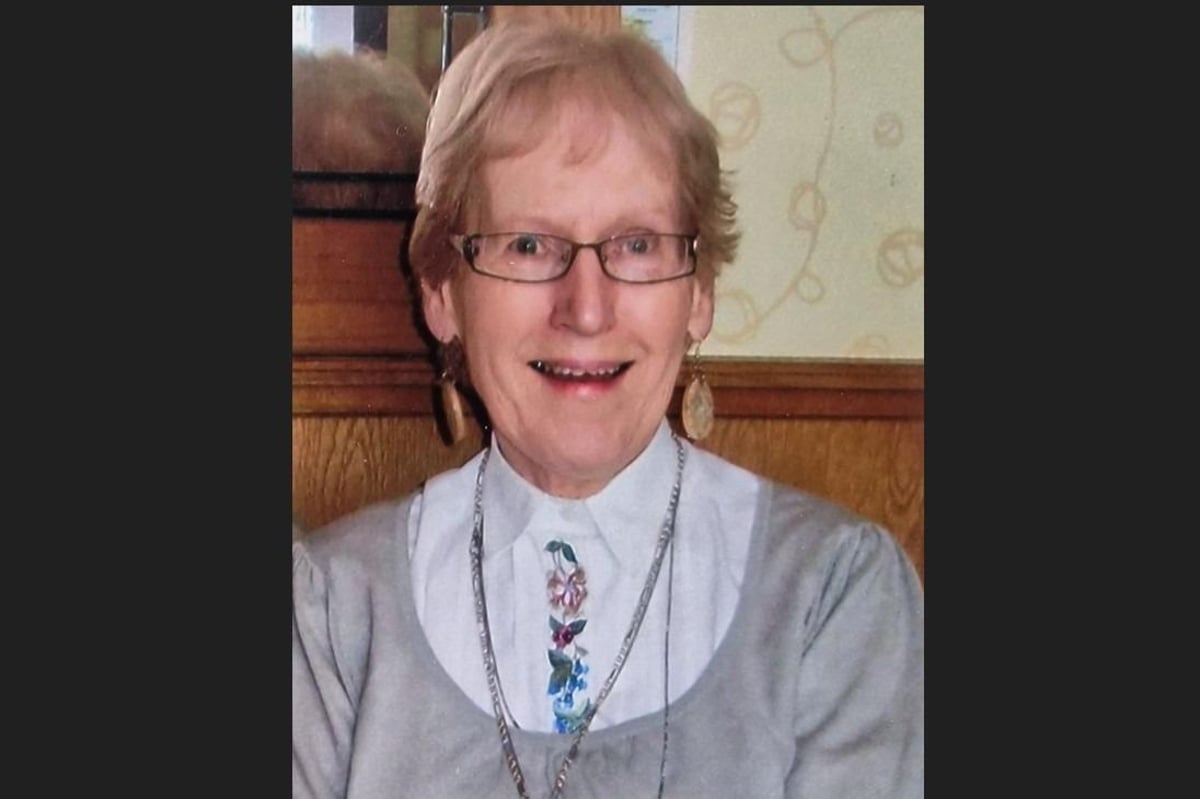By Martha Louis – PC Online Contributor
Copyright postcourier

Madang’s health services have received a timely boost, with Swire Shipping donating chairs to the Provincial Hospital’s tuberculosis (TB) clinic to make waiting for treatment more comfortable for patients.
The donation comes at a critical time, as the clinic struggles daily with high patient numbers and limited seating. Many patients previously had to sit on the floor or wait outside for hours.
Madang Provincial Hospital Acting Executive Manager, Johnmark Jeremiah, welcomed the contribution, saying it would benefit both patients and staff.
“This donation will make patients more comfortable and help staff work better. It will go a long way in ensuring people feel safe while waiting for treatment,” he said.
Swire Shipping Madang Agency Manager, Oscar Atolik, said the donation was prompted by the daily challenges faced by patients. “Some patients were sitting on the floor or outside because there were not enough chairs. We decided to provide chairs so they can sit comfortably and wait safely,” he said.
The donation is part of Swire Shipping’s wider community initiatives across Papua New Guinea.
Earlier in August, the company’s Madang office organized a clean-up in Madang town. “We’ve been serving the Pacific for more than 150 years. Our job is to connect customers and communities, but it’s also about giving back to the places where we operate,” Atolik added.
He also highlighted the company’s next initiative in Madang—a voluntary blood donation drive. “Blood is life. If we give blood, we save lives. That’s the next important step we are taking,” Atolik said.
Hospital staff welcomed the chairs as a practical contribution that immediately improves conditions for patients and helps staff manage the clinic more efficiently.
Jeremiah thanked Swire Shipping for its support and expressed hope for continued partnerships to strengthen health services in Madang.
Jeremiah said the donation reflects the growing role of business houses in supporting health services across the province, particularly in critical areas like TB treatment and emergency care.
He also highlights the impact of community-focused initiatives in improving everyday healthcare.



